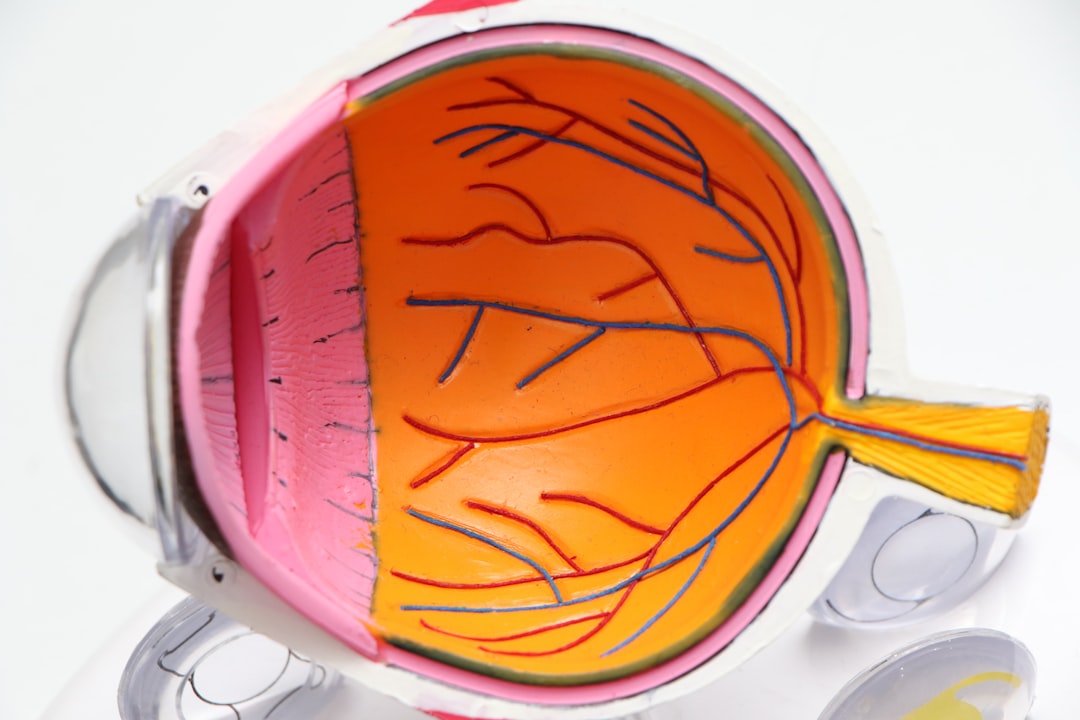What is it about?
African scientists can lead state-of-the-art vector research in resource-poor countries affected by vector-borne diseases. Many African scientists expect that partnership support to Africa should be led from Africa by African scientists. In Sierra Leone, 124 years after the first studies on malaria vector biology and disease transmission, not a single Sierra Leonean doctoral vector scientist is working with the National Malaria Control Programme. However, few African scientists have been able lead large grant applications because of restrictions inherent in many calls from funding agencies in the global north.
Featured Image

Photo by National Cancer Institute on Unsplash
Why is it important?
High impact research institutions in countries like The Gambia, Malawi, Tanzania, and Uganda have been shaped by longstanding traditions of colonialism in global health research including entomology. Africa needs a new public health order to be resilient and to cope with current challenges including colonization of research in global health.
Perspectives
A new public health order in Africa will need strengthened continental and national public health institutions; local funding, training, and retention of a public health professionals including entomologists; and fostering of respectful inclusive and equitable international partnerships.
Moses Bockarie
Njala University
Read the Original
This page is a summary of: Local scientists should lead the research to fight vector‐borne diseases in Africa, Medical and Veterinary Entomology, August 2022, Wiley,
DOI: 10.1111/mve.12597.
You can read the full text:
Resources
Contributors
The following have contributed to this page










